Webinar: What about the Boys and Young Men? Missed opportunities in HIV prevention and treatment
October 19th, 2023 | event
Across geographies, adolescent boys and young men are lagging behind HIV epidemic control targets. Health systems fail to meet their needs, and this has a negative impact on the health of both men and women. In this conversation, young men and the experts who support them in Ghana, Malawi, South Africa, Uganda, and Zambia shared their experiences and thoughts on what is needed to address this gap.
Based on this conversation, here are some of the commitments attendees were inspired to make:
Moderator: Tijuana A. James, senior youth advisor, USAID OHA Youth Branch.
Panelists:
Oscar Otim is passionate about raising the voices of young people and adolescents living with HIV. He supports the adolescent clinic at Lira Regional Referral Hospital, linking peers to adolescent-friendly HIV testing, counseling and psychosocial support, ART literacy, and follow up services.
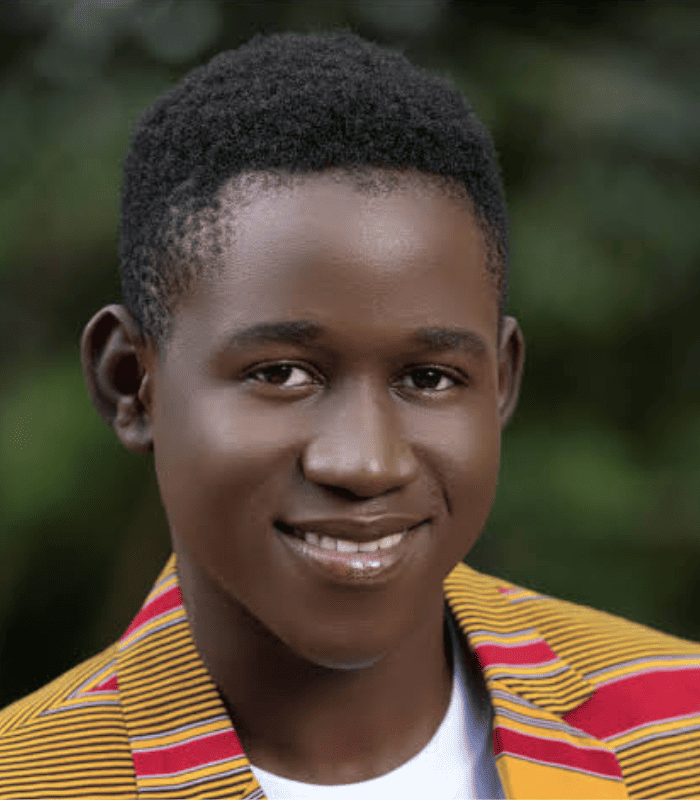
For better HIV programming for adolescent boys and young men, give them the 411, lose the stigma, and teach boys to play safe and slay ignorance!”
Morton Mambwe loves soccer, listening to music, writing poems, and advocating for healthy living. He is dedicated to improving the lives of adolescent boys and young men, who he has been mobilizing in Mushili township by attending social gatherings where he can meet peers and link them to HIV services, such as PrEP and counseling.
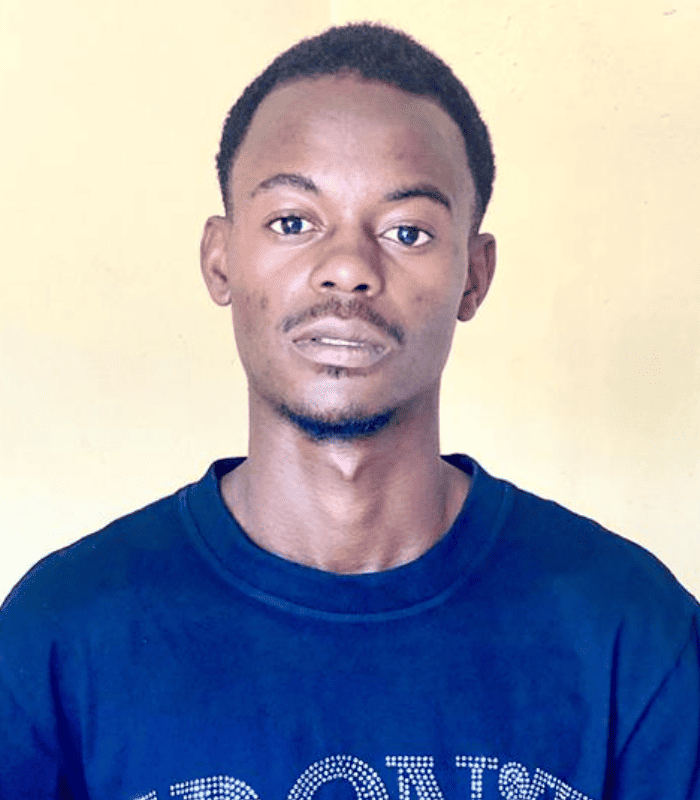
The most urgent need for HIV programming is creating safe spaces (such as those in the DREAMS program for adolescent girls and young women) and using those spaces to increase adolescent boys’ and young men’s access to and uptake of HIV and AIDS services.”
Tatelo Rametsi is a father and brother who is passionate about soccer and music. With more than 10 years of experience, his role with Grassroot Soccer focuses on HIV, violence prevention, mental health, and substance misuse among adolescent boys and young men, and he mentors up-and-coming coaches on how to work with them.
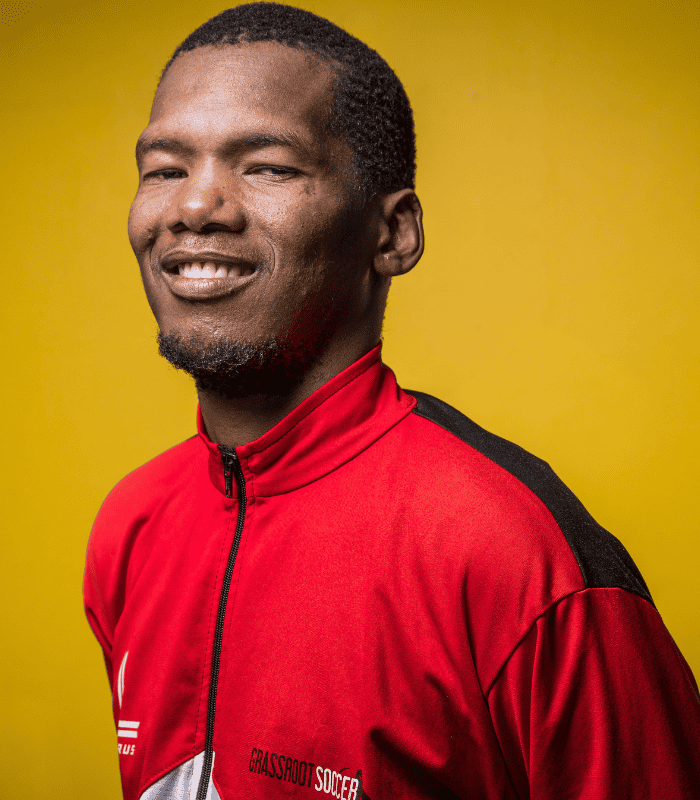
I see young boys being misinformed on healthy relationships, which leads to mental health and economic challenges. There is an urgent need for HIV programming to ensure that they get accurate information and live healthier, productive lives, and be agents of change.”
Isaac Henry Aikins has almost 20 years of experience supporting people living with HIV and other sexually transmitted diseases to access equitable and high-quality health care to live a healthy and meaningful life. He implements community HIV interventions to reach the general and underserved populations with person-centered care.
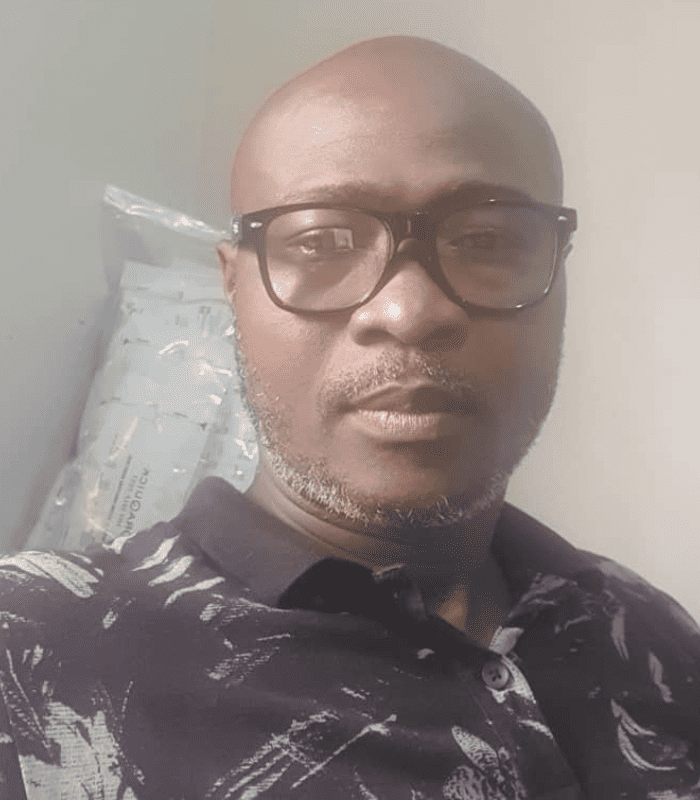
I am passionate about youth empowerment. I advocate and promote equity and access to quality health care, especially for adolescent boys and young men and underserved populations.”
Malizani Phiri is a football coach, lead farmer, and community development chairperson. He is passionate about bringing positive change in the livelihood of his community, especially youth, and conducts dialogue sessions on gender-based violence, sexual and reproductive health, and HIV prevention with adolescent boys and young men.
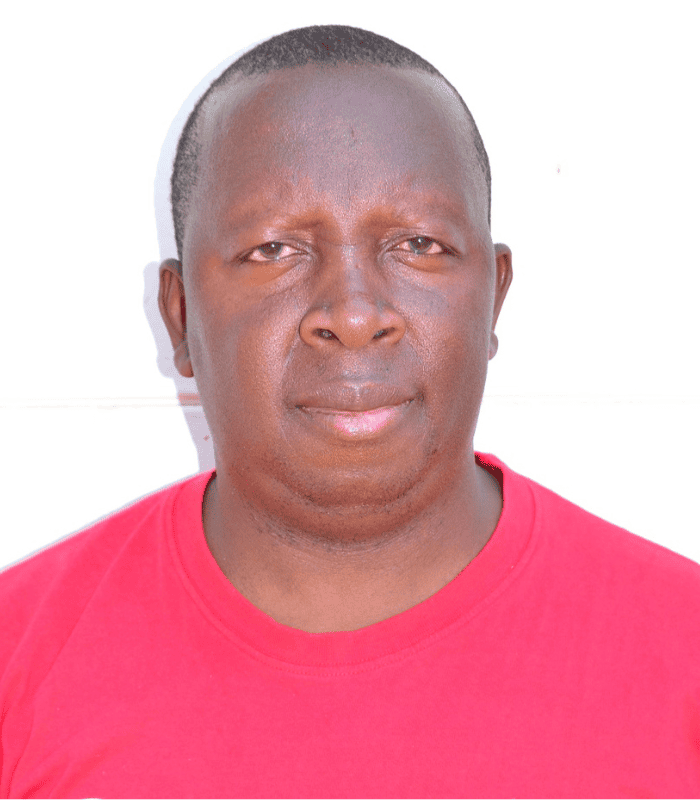
By equipping adolescent boys and young men with accurate information about HIV transmission, prevention methods, and the importance of regular testing, they can make informed decisions about sexual behavior and reduce their vulnerability to HIV.”
Tijuana A. James
With over twenty-five years of experience, she is a proven expert in adolescent and young adult sexual and reproductive health and HIV/AIDS prevention, having served youth, their families, and communities in the U.S., Asia, Latin America, the Caribbean, and 20 countries in sub-Saharan Africa. She has done pivotal work on Private Sector Engagement at PEPFAR and USAID and is now advancing the provision of mental health and psychosocial support services for youth as well as other DREAMS-related work. In addition, Tijuana is lending her skills to important DEIA work within USAID, including an outreach initiative to Historically Black Colleges and Universities (HBCUs) to expand opportunities and promote interest in careers in Global Health.
We are positioning adolescent boys and young men at the center not as perpetrators of violence or other social ills, but because they are our fathers, our brothers, and our sons, and they are in need of programs and services in their own right, and not only to the extent that it impacts outcomes for adolescent girls and young women.”
We strive to build lasting relationships to produce better health outcomes for all.